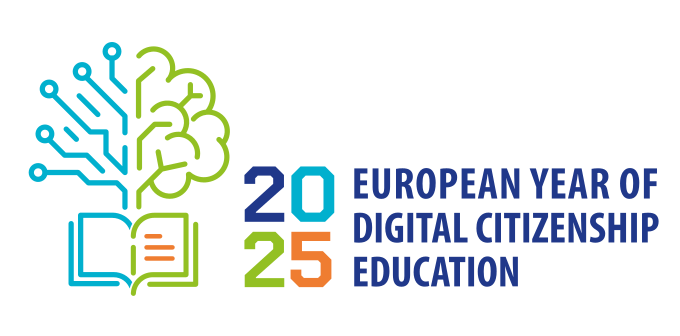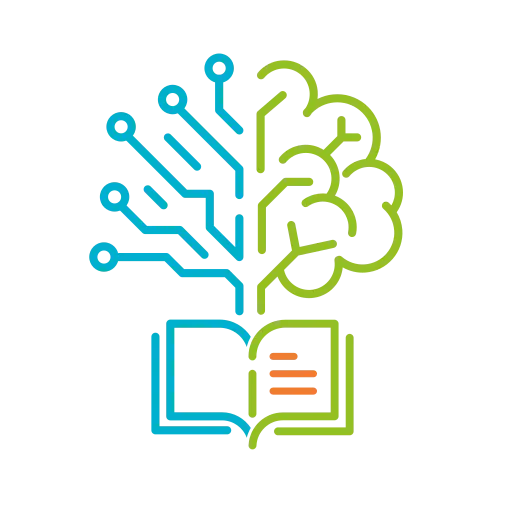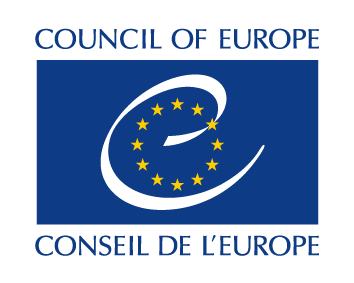The National Strategy for Digital Skills Italy 2022.
1. The pane e internet project funded by the Emilia-Romagna Region promotes the concept of the “digital citizen,” encouraging the use of technology for accessing information and online services.
1.2 The “DigiPass” project in the Umbria region aims to enhance digital services for citizens and businesses by providing a unified platform for accessing public services and information. The project likely includes features such as online applications for permits, digital signatures, and possibly digital identity services to streamline interactions with regional authorities.
2. The implementation of the Digital Strategy for the DCE is facilitated through various training hubs and tools, ensuring a structured and effective approach to digital transformation within the NRRP lines of investment. In parallel with the digital transformation of schools, policies have been implemented to train both teachers and students on the opportunities and risks of the digital world. These training programs aim not only to cover the technical aspects but also to promote pedagogies that place the students at the centre, with the goal of shaping them into informed and responsible citizens in the digital era. The focus is on fostering digital citizenship, ensuring that students are not just skilled in digital tools, but also educated to be thoughtful and responsible digital citizens.
Other initiatives and awareness activities:
a) Safer Internet Day celebration in Italy. In 2023 the Italian Ministry of Education and Merit celebrated Safer Internet Day. This event emphasized responsible internet use, addressing issues such as online safety, cybersecurity, and digital well-being.
b) Measuring Digital skills online. The “Mettiti alla Prova” section of Repubblica Digitale offers users an opportunity to test their digital skills through various assessments and learning modules.
c) Participation in eTwinning, as part of the Erasmus+ Programme 2021-2027, engaging teachers in innovative teaching methodologies and project-based learning while promoting collaboration in a multicultural context with the objective to foster democratic values and active citizenship.
d) Milan Games Week. During this event The Education Department of the Council of Europe organised a panel session on 24 November 2023 at the Milan Games Week. The panel discussed gender equality in video games and addressed the role of digital citizenship education in this regard.
e) A tool to combat harmful behaviour online and at the same time increase awareness of the phenomenon is “iGloss@ 1.110, the ABC of deviant behaviour online”, elaborated by the Juvenile and Community Justice Department.
f) The creation of the multidimensional and strategic system of continuous training for teachers and school staff on the dedicated platform called “Scuola Futura” makes available to teachers and school staff multiple training paths delivered by several hubs. In particular, the digital transition hubs promote courses aimed at training in digital transition and at the dissemination of integrated digital teaching, while the digital teaching hubs carry out national projects for the development of innovative digital teaching models and curricula for digital education. A core element of this formation is to provide targeted training on digital citizenship awareness. This will equip teachers, students, and the broader school community with the necessary knowledge and skills to engage responsibly in the digital realm. These trainings deal with critical areas such as responsible internet use, digital citizenship, the environmental impact of the internet, online etiquette and social networks, digital identity, cyberbullying, critical thinking, fact-checking and source verification, the differentiation between the real and virtual, online advertising etc. Courses are based on the six levels of competences of the DigCompEdu and teachers can test their level of digital readiness through SELFIE for Teachers.
g) A strong boost to the teacher training and awareness raising of the DCE is given by the “Equipe formative territoriali- EFT” (territorial training teams). 21 teachers, each in a Regional school office and 3 at the Ministry of Education and Merit, coordinate 100 teachers in the territory in designing, implementing and testing innovative teaching methodologies in the classroom on the themes of digital citizenship, artificial intelligence, new technologies, developing communities of practice, peer-to-peer training, providing on-site support and assistance. Also, events, national campaigns and projects have been organised by EFT and the national hub to celebrate the Safer Internet Day and promote awareness of digital citizenship. Below some of the initiatives:
g1) PoesieSID and STEM SID (Febraury 2021). During a live streaming event, the hashtags #PoesieSID and #StemSID were launched, initiating two parallel educational paths, one focused on poetry and the other on STEM disciplines. The MuseSocial and ScienziatiSocial, accounts animated by local training teams, engaged in conversations with students on social media, creating a unique digital storytelling experience spreading awareness on the digital citizenship. The experience was documented in the publication titled: “The Story of Safer Internet STORIES. Creatively experimenting with the educational use of social media: #PoesieSID and #StemSID
g2) Educational cards (February 2022). Equipe Formative Territoriali (EFT) designed a special kit of 8 educational cards inspired by the themes suggested for the SID for the year which contributed to a digital storytelling focusing on 1) being kind and respectful to others online (and offline too!); protecting your online reputation (and that of others); seeking positive opportunities on the internet to create, engage, and share.
h) the overall strategy to spread awareness in the digital realm includes the promotion of the “STEM Guidelines” issued by the Ministry of education and merit. The guidelines provide not only methodological and educational support and directions to teach scientific subjects, as computer science, coding from nursery school to upper secondary school, but they also promote a responsible use of technology and gender equality also encouraging enrolments in tertiary STEM curricula for women. These guidelines include, among other things, the development of laboratory-based training courses and STEM orientation activities, the creation of school networks and educational alliances to promote the study of STEM disciplines and digital skills, the development of innovative teaching and the sharing of best practices. Furthermore, they include information and awareness-raising actions aimed at families, particularly on the occasion of the celebration of the “International Day of Women and Girls in Science” in schools, to encourage the participation of female students in STEM study paths, overcoming gender stereotypes. The STEM week, a national initiative launched by the Ministry of Education and Merit within the “Scuola Futura” program, also aims to encourage girls and female students to approach the world of science and technology through laboratories and simulations of activities that see them as protagonists of paths in which they can excel in scientific disciplines, helping to create gender equality in the scientific sector.
Sources
- https://repubblicadigitale.innovazione.gov.it/assets/docs/national-strategy-for-digital-skills.pdf
- https://www.paneeinternet.it/
- https://digipass.regione.umbria.it/
- https://www.coe.int/en/web/digital-citizenship-education/-/safer-internet-day-in-italy
- https://repubblicadigitale.gov.it/servizi/mettiti-alla-prova
- https://www.coe.int/en/web/digital-citizenship-education/-/milan-games-week-panel-on-gaming-and-gender-towards-sustainable-gaming-cultures
- https://scuolafutura.pubblica.istruzione.it/
- https://www.istruzione.it/scuola_digitale/equipe_formative.shtml
- https://www.mim.gov.it/documents/20182/0/Linee+guida+STEM.pdf/2aa0b11f-7609-66ac-3fd8-2c6a03c80f77?version=1.0&t=1698173043586



